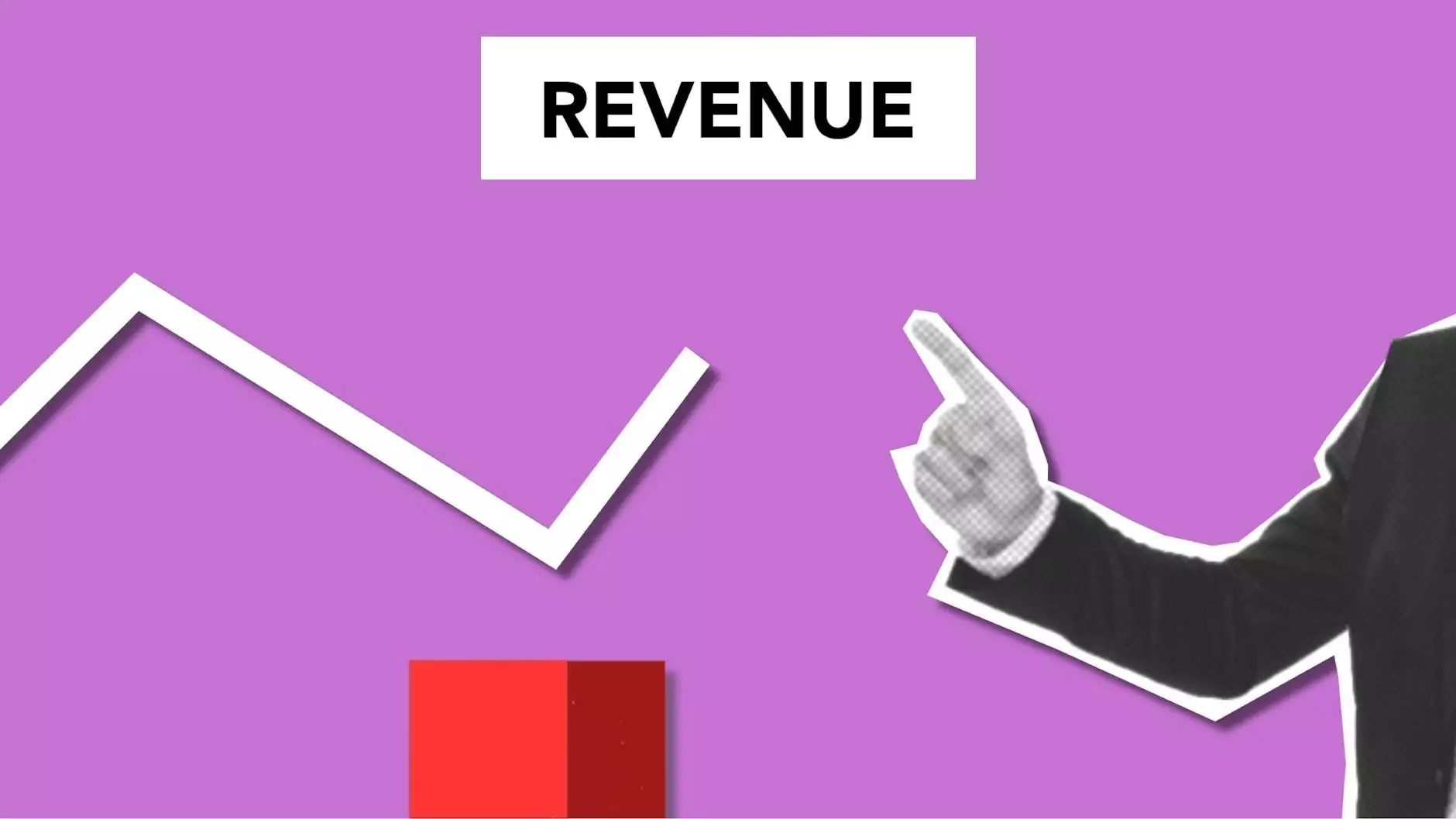SEM vs SEO: Which Is Better for Your Bottom Line?
Digital Marketing
Introduction
In the world of digital marketing, businesses often wonder which strategy – search engine marketing (SEM) or search engine optimization (SEO) – is most effective for their bottom line. Both methodologies have their own set of advantages, but understanding the differences between SEM and SEO is crucial for making the right decision for your business.
What is SEM?
Search engine marketing, or SEM, is a paid advertising method in which businesses bid on keywords to have their ads displayed in search engine results pages (SERPs). These paid ads are typically displayed at the top or bottom of the SERPs, giving businesses immediate visibility to potential customers.
When considering SEM, businesses should be prepared to allocate a budget for their campaigns. SEM allows for precise targeting, as you can select specific keywords, demographics, and geographical locations to maximize reach and return on investment. With SEM, you have full control over your ads and the ability to track their performance through various metrics.
Advantages of SEM
1. Immediate Visibility: With SEM, your ads can appear in search results almost instantly, giving your business immediate exposure to potential customers.
2. Targeted Reach: SEM allows you to target specific keywords and demographics, ensuring that your ads reach the most relevant audience.
3. Measurable Results: SEM provides detailed metrics and analytics, allowing you to track the effectiveness of your campaigns and make data-driven decisions.
4. Flexibility: You have full control over your SEM campaigns, including the ability to adjust budgets, keywords, and ads based on real-time results.
What is SEO?
Search engine optimization, or SEO, is the practice of optimizing your website and content to improve its visibility and organic ranking in search engine results. Unlike SEM, SEO does not involve direct payment for placement in SERPs. Instead, it focuses on enhancing various factors such as website structure, keyword usage, meta tags, backlinks, and overall user experience to improve organic search rankings.
While SEO may not yield immediate results like SEM, it offers long-term benefits and has the potential to drive continuous traffic to your website.
Advantages of SEO
1. Long-term Sustainability: SEO efforts, when done correctly, can result in sustainable organic traffic and visibility over an extended period of time, without ongoing expenses.
2. Credibility and Trust: High organic rankings often lead to increased trust and credibility among users, as they perceive top-ranking websites as more reliable and authoritative.
3. Cost-Effectiveness: Once you have implemented effective SEO strategies, the ongoing costs are minimal compared to SEM, making it a cost-effective long-term solution.
4. Enhanced User Experience: The process of optimizing your website for SEO involves improving overall user experience, which can lead to increased engagement, lower bounce rates, and higher conversion rates.
Conclusion
While both SEM and SEO have their own unique advantages, the best approach for your business depends on several factors, such as your budget, industry competitiveness, and marketing goals. As a leading SEO agency in Buffalo, Your SEO Geek can help you make an informed decision and implement the right strategies to improve your bottom line.
Whether you're searching for top-notch SEO services, expert SEO consultants, or reliable SEO companies in Buffalo, look no further. Get in touch with Your SEO Geek today and take your digital marketing efforts to new heights!










